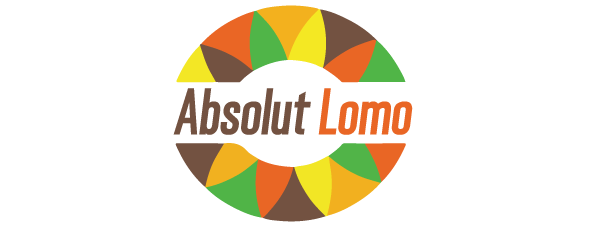In the rapidly evolving landscape of mental health support, technology is playing an increasingly pivotal role in fostering digital resilience. The fusion of mental health care and technology has given rise to innovative solutions that cater to the diverse needs of individuals seeking support. One of the key ways in which technology is enhancing mental health support is through the proliferation of mental health apps. These apps provide a convenient and accessible platform for users to access resources such as guided meditation, mood tracking, and cognitive-behavioral therapy exercises. With features like real-time monitoring and personalized feedback, these apps empower individuals to actively engage in their mental health journey. Moreover, the rise of telehealth services has revolutionized the delivery of mental health care. Virtual therapy sessions and online counseling platforms break down geographical barriers, making mental health services more accessible to individuals in remote or underserved areas. The convenience of accessing therapy from the comfort of one’s own home has been particularly beneficial in normalizing seeking help and reducing the stigma associated with mental health issues.
Video conferencing and secure messaging platforms facilitate seamless communication between clients and mental health professionals, fostering a sense of connection in an increasingly digitized world. Artificial intelligence AI is another technological frontier that is contributing to the enhancement of mental health support. AI-powered chatbots and virtual assistants are designed to engage users in conversations, providing immediate emotional support and guidance and Go to Site. These systems are equipped with natural language processing capabilities, enabling them to understand and respond to users’ emotions effectively. While not a replacement for human interaction, these AI tools can serve as a valuable supplement, offering instant support during critical moments or outside traditional therapy hours. The integration of wearables and biometric technology has further expanded the scope of digital resilience. Devices like smartwatches can track physiological indicators such as heart rate, sleep patterns, and activity levels, providing users with insights into their overall well-being.
This data can be shared with mental health professionals, enabling them to tailor interventions based on a more comprehensive understanding of the individual’s lifestyle and triggers. The use of biofeedback and neurofeedback techniques, facilitated by these technologies, allows individuals to develop greater self-awareness and learn to regulate their physiological responses to stressors. However, the evolving landscape of digital mental health support also raises ethical considerations. Issues such as data privacy, algorithmic bias, and the potential over-reliance on technology in lieu of human connection require careful attention. Striking a balance between leveraging technological advancements and preserving the human-centric nature of mental health care is crucial for ensuring the ethical and effective use of these innovations. In conclusion, the synergy between technology and mental health support is shaping a new era of digital resilience. From mobile apps to telehealth services, artificial intelligence to wearables, these advancements are expanding access, personalizing interventions, and providing real-time support.
